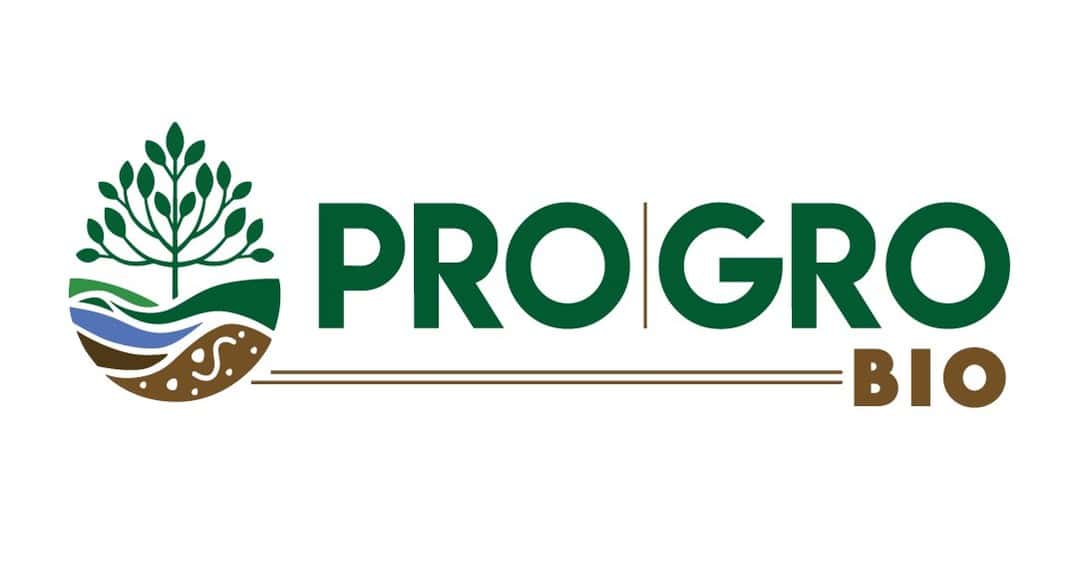Key Takeaways
- ProGro BIO has announced the launch of its Rhizol sales program for the 2026 planting season, following a year of steady expansion and adoption across U.S. farms.
- Rhizol, the company’s microbial soil inoculant, has been used on a range of row and specialty crops since its commercialization in 2023.
- Multi-year trials have shown yield increases of 5% to 20%, depending on crop, soil type, and growing conditions.
- The 2026 lineup introduces updated formulations and a simplified product range for easier use by distributors and growers.
- ProGro BIO reported over 300% year-over-year sales growth in 2025, reflecting continued interest in biological soil health solutions.
ProGro BIO Expands Access to Rhizol Ahead of the 2026 Planting Season
ProGro BIO announced the launch of its 2026 Rhizol sales program, extending access to its microbial soil inoculant through distributors and retailers nationwide. Since its debut in 2023, Rhizol has gained traction among farmers across the United States, with trials showing consistent performance in improving crop vigor and yields.
Rhizol is OMRI-certified organic and contains 35 microbial strains designed to enhance soil microbiome diversity, support nutrient uptake, and strengthen soil health under variable growing conditions. Multi-year, large-scale field trials have shown yield gains ranging from 5% to 20%, with higher results in certain regions.
“The 2026 selling season represents an important step in expanding access to Rhizol’s soil microbiome benefits,” said Ray Hurt, Board Director at ProGro BIO. “Our 35-strain microbial consortium continues to show measurable improvements in soil function and yield performance across diverse field conditions.”
Streamlined Product Line and Growing Adoption
For the 2026 season, ProGro BIO has simplified its row-crop product lineup to make product selection easier for distributors and growers. The portfolio will include formulations for corn, cotton, small grains, peanuts, legumes, turf and hay, potatoes, ground crops, and organic systems. Rhizol is available in several formats — including a dry soluble mix, microbial seed treatment, and planter talc — each with a long shelf life to support flexible use throughout the season.
“Despite a challenging agricultural environment in 2025, Rhizol sales increased more than 300% year-over-year,” said Blake Young, Chief Executive Officer of ProGro BIO. “We continue to see strong customer retention and distributor engagement. With a more streamlined lineup and expanded distribution, we expect adoption to continue growing in 2026.”
ProGro BIO's Rhizol's Consistent Performance Across Field Conditions
Farmers and agronomists have reported that Rhizol delivers consistent and repeatable results across different soil types and regions. In multi-year trials covering thousands of acres, the product has shown improvements in nutrient efficiency, root development, and overall crop resilience, contributing to healthier plants and stronger harvest performance.
This consistency, combined with independent field data, has helped drive wider acceptance of Rhizol in both conventional and organic systems.



1 Comment